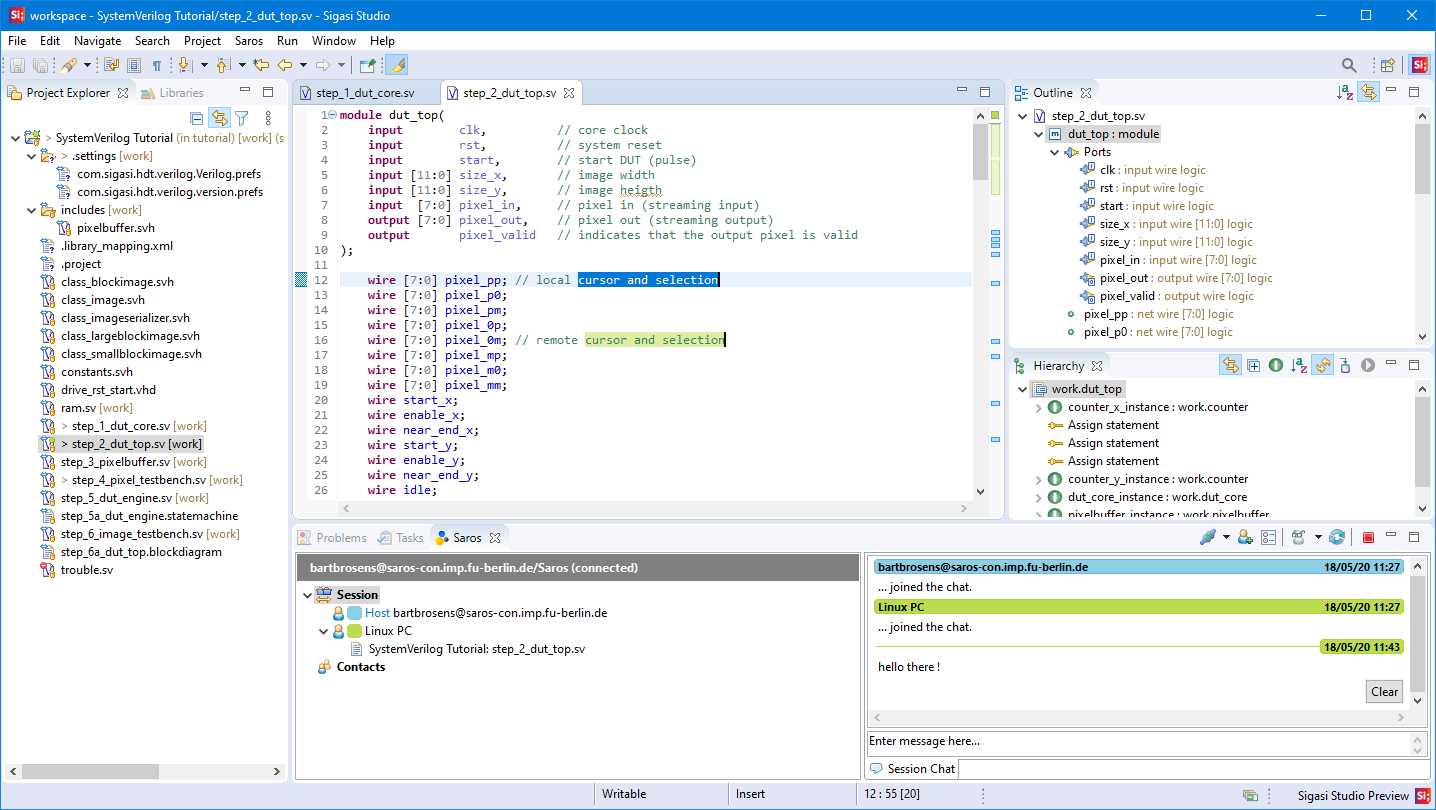

Difficult aspects to Mars and Saturn (traditionally called malefics) may bring disgrace or ruin.

Those with easier aspects to the eclipse degree such as the trine (120°) or sextile (60°) are more likely to incorporate any new discoveries or changes in a positive manner.ĭifficult aspects to Venus and Jupiter (traditionally called the benefics) may still turn out positive or helpful but the effect may be low key or short-lasting. Those with challenging aspects to the eclipse degree such as a square ( 90°) or opposition (180°) may find what transpires more stressful to deal with. The type of aspect that the eclipse degree makes to the natal placement has an effect too. Those with natal placements at the exact degree (conjunction which is 0°) will feel it most. Some feel that anything over a 2-degree orb is unlikely to be felt at all. Some people allow an orb (give or take allowance) of 5 degrees either side of the eclipse degree but the smaller the orb, the stronger the effect should be felt. If you have a natal planet, luminary (Sun and Moon) or chart point (Ascendant, MidHeaven) that is closely aspected by the degree of an eclipse you are more likely to experience the effects of the eclipse. Solar eclipses were often thought to represent the health or condition of a ruler or country while lunar eclipses were considered to more often be representative of the general population of the place that was experiencing the phenomena. The explorer Christopher Columbus was able to use his knowledge of an upcoming Total Lunar Eclipse to salvage a situation that could have turned out very differently for him. It may be centuries between a total solar eclipse plunging a specific location into darkness during the day.Īs astronomers and astrologers started to chart and understand eclipses, they were able to predict when these events would happen.

While a Total Solar Eclipse occurs somewhere every 18 months or so, to really experience a Total Solar Eclipse you need to be in the path of totality. It is not surprising that they might have thought this to this day a Total Eclipse of the Sun confuses animals and birds. Having the Sun disappear from sight during the day (Total Solar Eclipse) or to see the Moon seemingly swallowed up as they watched (Total or Partial Lunar Eclipse) was a frightening sight for many people. To learn more, see the privacy policy.Ancient people often thought that an eclipse of the Sun or the Moon was a sign of disapproval or anger by the gods or from the heavens.
#Eclipse how to install saros code
Special thanks to the contributors of the open-source code that was used in this project: Elastic Search, WordNet, and note that Reverse Dictionary uses third party scripts (such as Google Analytics and advertisements) which use cookies.
#Eclipse how to install saros free
The definitions are sourced from the famous and open-source WordNet database, so a huge thanks to the many contributors for creating such an awesome free resource. In case you didn't notice, you can click on words in the search results and you'll be presented with the definition of that word (if available). For those interested, I also developed Describing Words which helps you find adjectives and interesting descriptors for things (e.g. So this project, Reverse Dictionary, is meant to go hand-in-hand with Related Words to act as a word-finding and brainstorming toolset. That project is closer to a thesaurus in the sense that it returns synonyms for a word (or short phrase) query, but it also returns many broadly related words that aren't included in thesauri. I made this tool after working on Related Words which is a very similar tool, except it uses a bunch of algorithms and multiple databases to find similar words to a search query. So in a sense, this tool is a "search engine for words", or a sentence to word converter. It acts a lot like a thesaurus except that it allows you to search with a definition, rather than a single word. The engine has indexed several million definitions so far, and at this stage it's starting to give consistently good results (though it may return weird results sometimes). For example, if you type something like "longing for a time in the past", then the engine will return "nostalgia". It simply looks through tonnes of dictionary definitions and grabs the ones that most closely match your search query. The way Reverse Dictionary works is pretty simple.


 0 kommentar(er)
0 kommentar(er)
